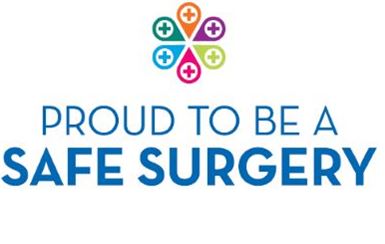What is contraception?
Contraceptive methods protect against pregnancy. If you use contraception correctly, you can have sex without worrying about getting pregnant or getting someone pregnant. Most methods of contraception won’t protect you against catching or passing on a sexually transmitted infection (STI). Condoms are the only method that protects against both STIs and pregnancy. Protect your own and your partner’s health by using condoms as well as your chosen method of contraception.
Will they tell my parents?
Contraception services are free and confidential, including for people under 16 years old. This means the doctor or nurse won’t tell your parents or anyone else, as long as they believe you’re mature enough to understand the information and decisions involved. There are strict guidelines for healthcare professionals who work with people under 16. If they believe there’s a risk to your safety and welfare, they may decide to tell your parents.
Where to get free contraception?
Find your nearest sexual health service, including contraceptive clinics. Many of these places offer information, testing and treatment for STIs, including chlamydia. If you’ve been exposed to the risk of pregnancy, you may also be at risk of catching an STI.
There are lots of contraceptive methods to choose from. You should use a method that suits you, not just because your friends are using it. Don’t be put off if the first method you use isn’t quite right for you – you can try another.
Emergency Contraception (morning after pill, IUD)
Your contraception guide available here.
Sexual Health Clinic
Specialist sexual health services offer the complete range for contraceptive, sexual health and other services. For more information please visit their website: Hastings Clinic | East Sussex Sexual Health
Please note that all our doctors offer general contraceptive advice and prescribing of oral contraceptive pills. For further information please contact the Practice.
SH:24 – Free, Online Sexual Health Service
SH:24, in partnership with the NHS, delivers free, discreet, and confidential sexual health services. You can:
-
Order home STI test kits with simple return by post and results securely via text.
-
Get emergency or regular contraception delivered directly to you.
-
Manage PrEP (HIV prevention) prescriptions and monitoring entirely online.
-
Receive diagnosis and treatment for warts or herpes via photo submission.
-
Explore expert advice on a wide range of sexual health topics.
SH:24 is CQC-regulated, rated Outstanding, and offers a patient-first, tech-enabled service that brings sexual healthcare into your hands.
